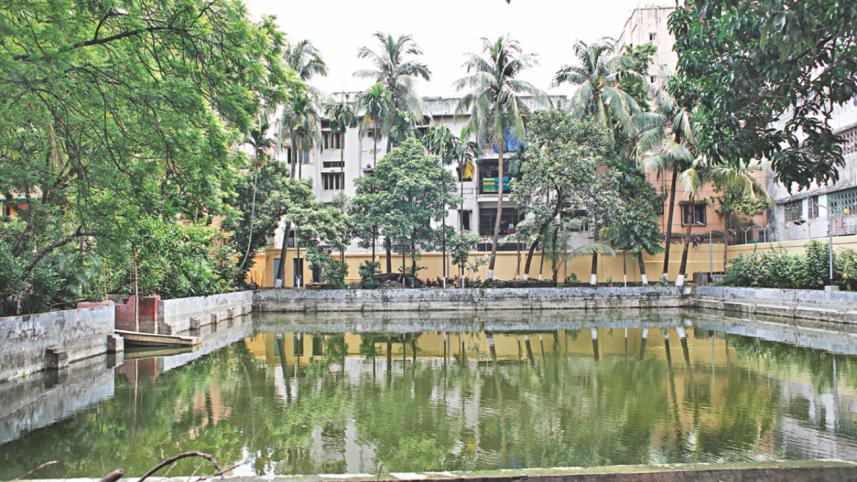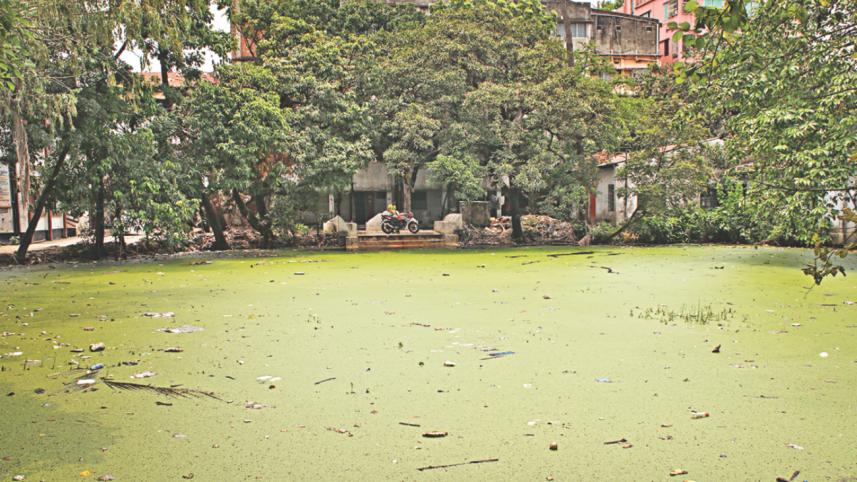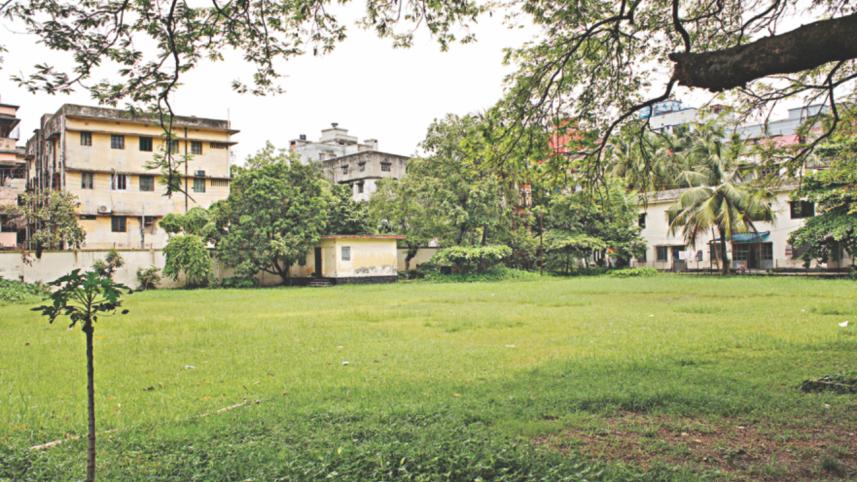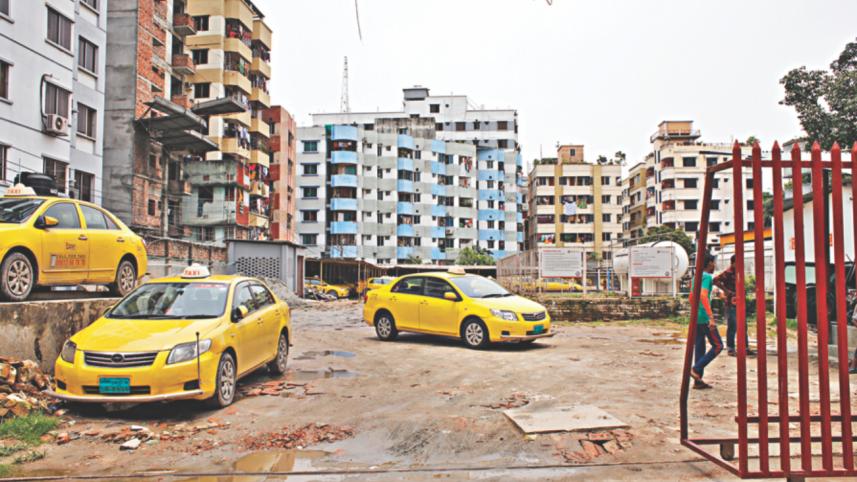In need of care

Although according to a survey carried out in 2006 by the Dhaka City Corporation, there are four ponds in the capital's Wari, two of them have disappeared completely. The other two need proper maintenance and protection.
Other than the four, there used to be another pond inside a school in the area that was filled up around 10 years back.
Pond at KM Das Lane
Back in 1995/1996, there was a fire incident at a packaging factory in the capital's KM Das Lane.
As there was a pond beside the factory, locals and firemen did not have to struggle much. They used the water from it to douse the blaze. Also, the factory did not suffer a huge loss.

The reservoir is still there. It is now owned by National Tuberculosis Relief and Rehabilitation Society of Bangladesh, a charity organisation.
“Nowadays, it will be hard to douse a fire in many areas due to a lack of sufficient water sources, said Ayub Ali Sarkar, its administrative officer. “The reservoir was dug up back in 1923,” he said.
At present, the pond is being used for fish cultivation.
The around one-bigha reservoir is located at 12 KM Das Lane in Tikatuli. It is around 20 feet deep and remains full of water round the year.
But the water body is in a deplorable condition due to a lack of maintenance and dumping of waste.
When asked, Ayub said they were trying to keep the reservoir clean. But people keep on dumping waste in it. “Not just us, all has to work together to keep it alive.”
Pond at Abhoy Das Lane
Once there used to be a pond at 13/1 Abhoy Das Lane. It has been replaced by a LPG conversion centre -- Toma Auto LPG.
Abdul Aziz, 75, a resident of the area, said the pond was called “Selim Shaheber Pukur”. The water of the around 3.4-bigha water body became dirty due to a constant dumping of waste. It was filled up around two years back, he said.
Imam Hasan, administrative officer of Toma Auto LPG, said they started the conversion centre in 2015. The land was already filled up when they purchased it.

Jahirul Islam, an elderly local, said the pond was there since their childhood. The LPG centre was built filling up the water body, he alleged.
Pond inside School
Even around a decade ago, there used to be a pond inside Kamrunnesa Government Girls High School at 25 Murad Road in Tikatuli.
But the pond does not exist on the DCC base map.
Abdul Aziz, a resident of the area, said there was a ghatla (staircase) on its eastern side, where people used to bathe. The pond was surrounded by trees.
“Before, the place used to be a post office. Then it was turned to a clinic. Finally, the property became a school,” said the 70-year-old. “But the reservoir was still there despite all the changes.”
Obaida Banu, headteacher of the school, said the school was there since 1924. “The pond was filled up before I joined in 2007.”
The school authorities filled up the around one-bigha water body to build a playground.
Pond at RK Mission
The over 100-year-old pond inside the Ramakrishna Mission in Gopibagh is still there. But the authorities are struggling to keep it clean. There are buildings surrounding the 28-decimal reservoir and residents of those buildings continue to throw garbage in it.
“We started the mission back in 1899, and the pond was also dug up around that time,” said Shebanand Mridul Moharaj, assistant secretary of the mission.

He said the pond is used by people of the Hindu community for performing rituals. “We try to keep the reservoir clean as it is being used regularly.”
While visiting the pond, this correspondent met Jharna Karmakar, a resident of Gopibagh, and her family members. Jharna came to the mission to perform a marriage ritual, “jal bhara” for one of her relatives.
“The pond is important to us. We use its water for performing our rituals,” she said.
(Edited by Hasan Meer)




 For all latest news, follow The Daily Star's Google News channel.
For all latest news, follow The Daily Star's Google News channel.
Comments